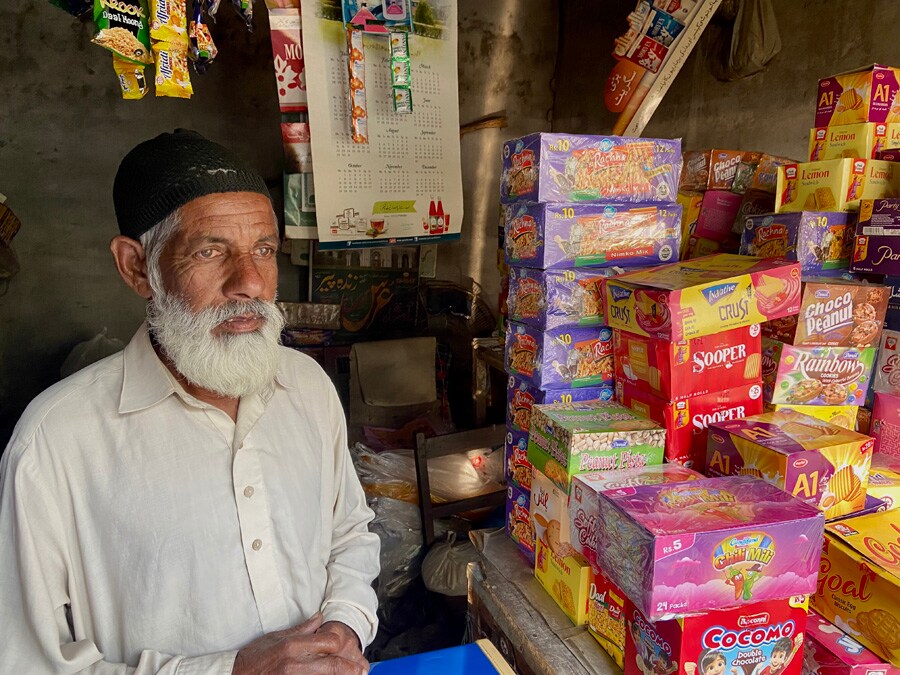
Pakistan, stricken by surging inflation, seeks an IMF lifeline
As the cost of food and fuel eats up a larger share of meagre incomes, people are putting pressure on the government of Prime Minister Imran Khan to do something
 Muhammad Nazir tends his shop in Sohawa, Pakistan, Nov. 14, 2021. Surging inflation is straining households and businesses in Pakistan, intensifying pressure on Prime Minister Imran Khan to find solutions. “I am not making any profit these days,” Nazir said. (Salman Masood/The New York Times)
Muhammad Nazir tends his shop in Sohawa, Pakistan, Nov. 14, 2021. Surging inflation is straining households and businesses in Pakistan, intensifying pressure on Prime Minister Imran Khan to find solutions. “I am not making any profit these days,” Nazir said. (Salman Masood/The New York Times)
Muhammad Nazir canceled his daughter’s wedding. He parks his motorcycle at home and walks to his shop. Many of his shelves are empty because he cannot afford to stock the same supply of candy, soft drinks and cookies that he once did.
A growing number of his customers cannot buy his snacks anyway. The global inflation wave has dealt a severe blow to Pakistan, a country of 220 million people already struggling with erratic growth and heavy government debt.
As the cost of food and fuel eats up a larger share of meager incomes, people are putting pressure on the government of Prime Minister Imran Khan to do something.
“I am not making any profit these days,” Nazir, 66, said from his shop in Sohawa, a town about 50 miles southeast of Pakistan’s capital of Islamabad. “Still, I come here every day, open the shop and wait for customers.”
Surging prices have imperiled President Joe Biden’s agenda in the United States and hit shoppers from Germany to Mexico to South Africa. But they are having a particularly nasty effect in Pakistan, a developing country already prone to political instability and heavily dependent on imports like fuel. The effect has been worsened by a sharp weakening of Pakistan’s currency, the rupee, giving it less purchasing power internationally.
©2019 New York Times News Service







